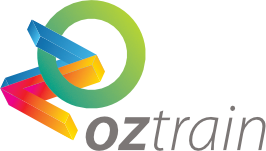Maximising ‘New’ Middle Management
In many ways, the notion of what managers do hasn’t changed much since the days of Henri Fayol who in 1916 identified planning, organizing, motivating and controlling (a fifth function – coordinating – was later added) as the major functions of a manager.
What has changed is the thinking about how people and tasks should be managed and why middle management.
Historically, middle management existed to act as a control function (information, measurement and ‘checking’) for senior management (span of control). Information technology has dramatically reduced the need for this, as senior management now have ready access to technical information and performance statistics at any time.
So the role now exists to ensure that the knowledge necessary for effective operation is possessed by staff – the knowledge of what they must do, how they should do it and why it should be done: coordinating, directing, staffing, training and motivating.
What shapes Middle Management behaviour?
Middle managers’ behaviours are a direct reflection of the senior managers ‘impact’ on them. Their ‘ideal’ behaviours are based on the example set by senior managers. Combined with organisational culture (norms and expectations) these define how managers behave.
Questions to ask yourself about your Middle Management
What is the role of middle management in your organisation? Define it and articulate it.
What is the satisfaction/motivation/engagement or commitment at the middle level – typically it is rather low. Remember these are the managers who are ‘motivating’ your people
Do the structures/systems maximise or minimize the capability of middle management to contribute to managing interdependencies, problem solving, innovation?
Are your middle managers well trained in coaching – resolving problems, mentoring, teaching and improving performance? They are the ‘talent managers’ of the front line.
Does your performance management system integrated into a continual coaching process or is it the annual “I got you now” exercise?
Adapted from a presentation “Mobilising Leaders and Managers in Organisations”, prepared by Quentin Lawler, Human Synergistics, Australia.
Categories: News,
